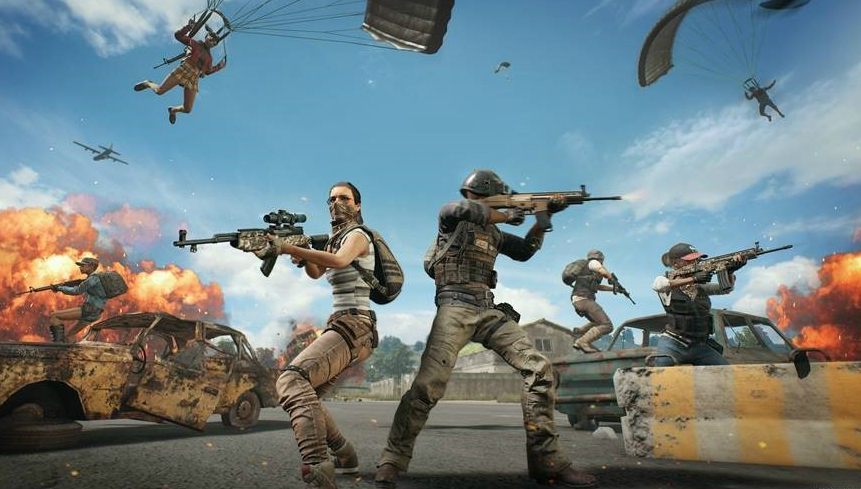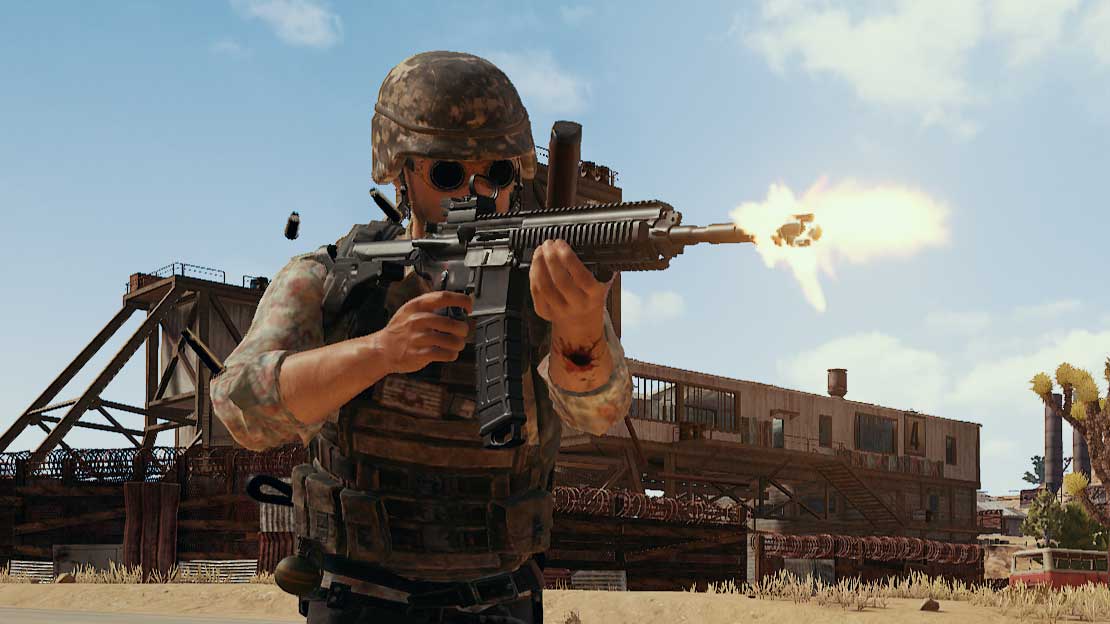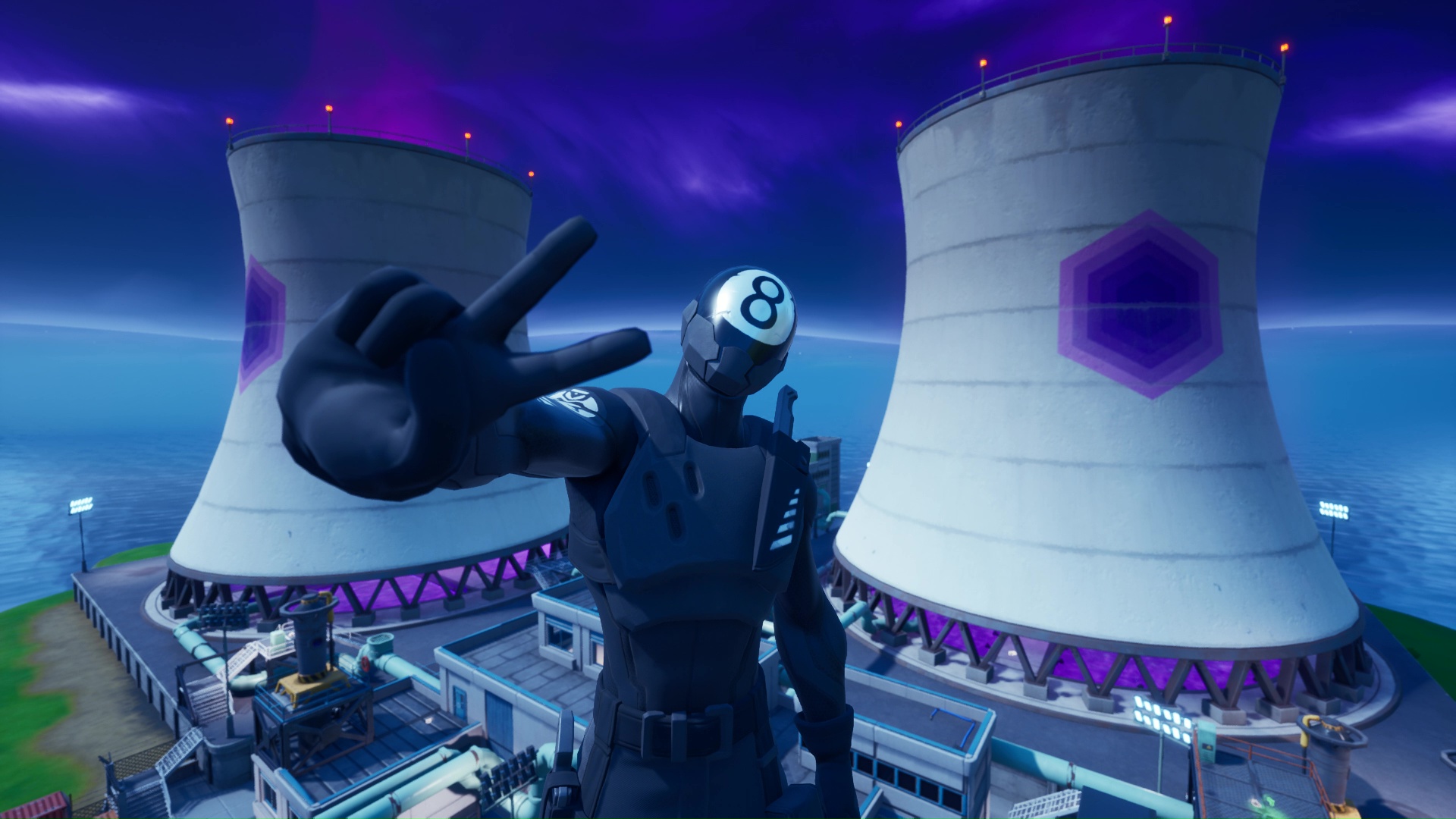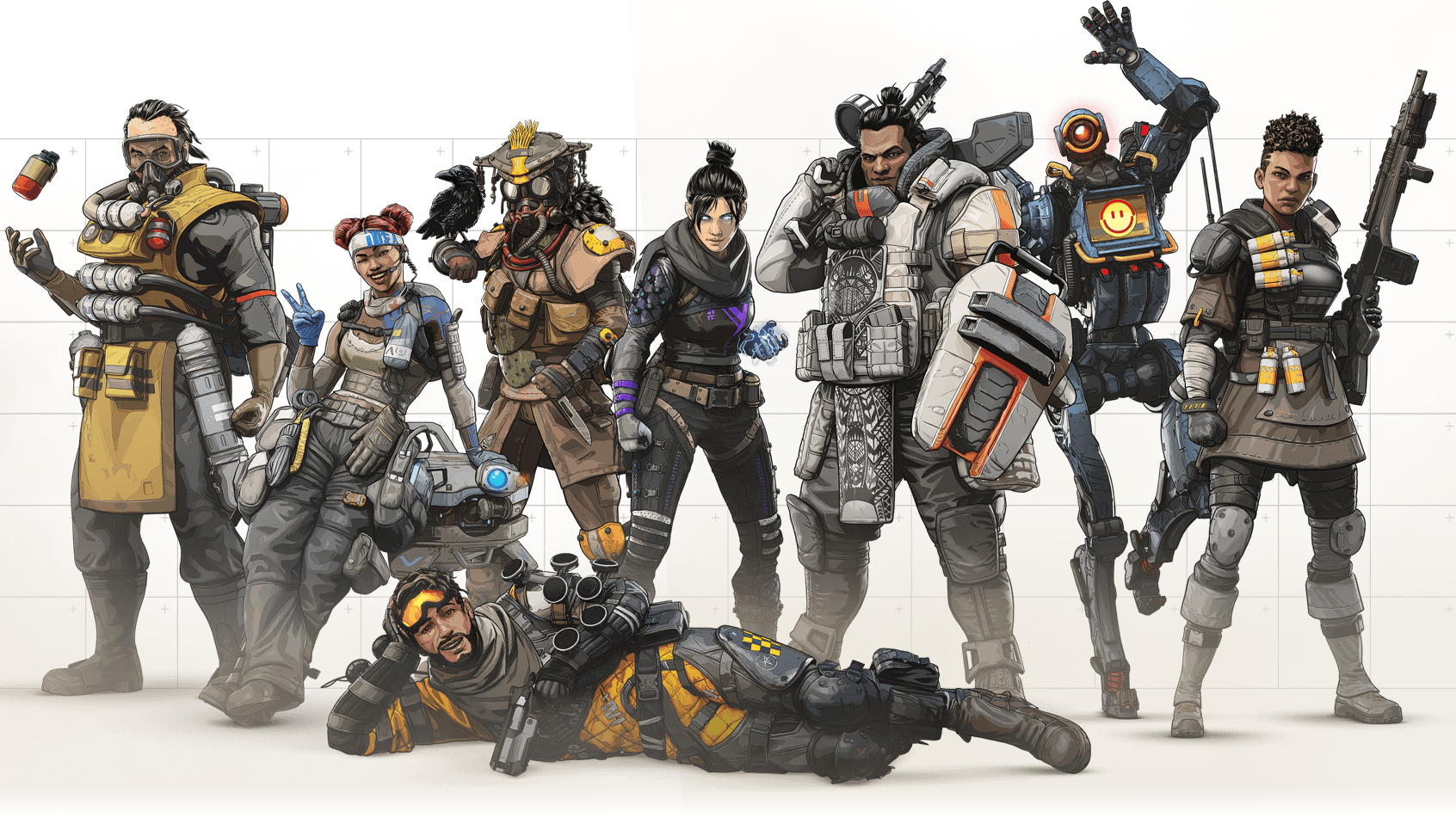How battle royale changed the last decade of games (and the next one)
From mods to modes to standalone games—battle royale has shaped the gaming industry.

"I hope you die of AIDS," yells the corpse of the player I just killed. It's 2015 and I'm playing my 7th match of H1Z1: King of the Kill, the battle royale mode that will later become a standalone game just called H1Z1 (and later still, Z1 Battle Royale). I've been aware of the battle royale mod for Arma 3 for a while—I love watching streamers play it—but I've never played BR myself until today. And it's giving me everything I haven't been able to find in H1Z1's standard and sloppy Early Access survival mode: urgency, excitement, and a genuine reason to care about surviving.
Before I get a chance to die of AIDS I'm gunned down by another player. "Aw, that sucks so bad for you," he mocks, but then quickly adds, "Good job, though." And I agree. I've done a good job! In my earlier matches the best I've done is 32nd place among the 80 or so other solo players. But this time I've placed 12th. I lasted almost to the end and I had three kills. I didn't win, but I just discovered an important facet of BR: you don't always need to win to feel good. You just need to do better than you did last time.
A couple years later I'll turn on a Major League Baseball game and see Red Sox shortstop Xander Bogaerts performing the "Take the L" emote after a stand-up double. Ninja is streaming with Drake, appears on Jimmy Fallon and Ellen, and plays at Lollapalooza. Perhaps most telling, my 78-year-old mother who never reads my writing on PC Gamer because "I don't understand it" asks me if I play the game she's been hearing about on the news: Fortnite. Battle royale is everywhere.
Fight for the crown

Fortnite took quite a while to become Fortnite. It was revealed way back in 2011 at the VGAs, but years of delays meant it didn't actually appear until 2017, and then only in Early Access where it didn't get a particularly stellar reception (our review was scored at 55%). It also didn't have a BR mode: it was a co-op base builder-shooter. But during all those years while Fortnite was struggling to see the light of day, the battle royale genre was slowly forming alongside it. There was the 2012 Minecraft plugin called Hunger Games (later Survival Games), where players gathered weapons and fought to be the last one standing. Brendan Greene developed BR mods for Arma 2 and Arma 3, which took the survival elements of DayZ and created more conflict by forcing players together with a shrinking playable area. And finally there was H1Z1: King of the Kill, from Daybreak Games, which Greene consulted on.
KotK was a huge hit, selling a million copies within two months of its Early Access launch, going on to sell millions more over the next couple of years, launching a healthy pro esports scene and even a televised tournament (Ninja was there) in 2017. At roughly the same time, PlayerUnknown's Battlegrounds was leaving beta after a short development cycle at South Korean publisher Bluehole. After playing the beta I declared PUBG "could have a bright future" which I felt proud for identifying early and then massively embarrassed about for the sheer, hilarious understatement of it all. PUBG completely blew the doors off gaming, climbed to the top of the most-played list on Steam, surpassing and then destroying Dota's record for concurrent players. PUBG sold over 40 million copies within its first year.
I'll spare you the Fortnite recap. Everyone knows all about it. Even my mom.
Building a hit

For players and viewers, it was easy to get hooked on the unpredictable cycle of BR. The random nature of the mode kept things exciting, with luck determining whether you'd wind up surrounded by other players the moment your boots hit the ground, the type and quality of the gear you'd find, and how far you'll have to travel to stay within the playable area. There's the slow build of tension as the borders of the map shrink, each burst of distant gunfire snapping your eyes to the corner of the screen to see names of killed players, signifying you're just that much closer to being the last one standing. A round of BR is an evolving and surprising half-hour story for both the player and the viewer, taking us from an empty-handed landing to a fully geared-up finale.
The biggest gaming news, reviews and hardware deals
Keep up to date with the most important stories and the best deals, as picked by the PC Gamer team.
BR rewards the most highly skilled players, but anyone can win a round. The odds are stacked very heavily against it, but as long as you survive until everyone else is dead, you don't need to fire a single shot or score a single kill to come out on top. Hide in a house or disguise yourself as a bush of just crouch behind a rock in the cloud of poison gas while frantically applying first-aid, and you can win. It's a tantalizing prospect for new players—winning a shooter even if you suck at shooting.

For developers and publishers, battle royale had become a new brass ring to reach for. Its simple concept is alluring: make a map, randomly scatter gear across it, drop players into it, and shrink the playable area to create conflicts. Plus, the short development cycle for PUBG (roughly a year) and especially for Fortnite—after seven long years to bring Fortnite to players, Epic Games put its world-conquering battle royale mode together in only two friggin' months—makes it even more appealing. Battle royale seems like a simple game you can throw together quickly and potentially make a fortune with.
Battle royale, like the MOBA genre, reinforced the notion that there's only room for two or three winners atop a podium.
The industry was off to the races. Call of Duty: Black Ops 4, Battlefield 5, GTA Online, CS:GO, Dota 2, Civ 6, Dying Light, Ghost Recon Wildlands, and even Fallout 76 all wound up with battle royale modes. Indie standalone BR games like The Culling, Darwin Project, Fear the Wolves, Realm Royale, Totally Accurate Battlegrounds, and dozens more battle royale games cropped up within a year or two. Boss Key Productions quickly threw together a free-to-play BR game, Radical Heights, hoping to keep the studio afloat after the failure of its arena shooter, Lawbreakers.
But success in BR is elusive and a winning formula isn't simple—just deceptively simple. Despite the massive success stories of Fortnite and PUBG, battle royale, like the MOBA genre, reinforced the notion that there's only room for two or three winners atop a podium.
Players and streamers might briefly divert into a new BR mode or standalone game out of curiosity, but quickly return to Fortnite or PUBG. Several BR games (including the flagging Z1 Battle Royale) switched to free-to-play models after failing to draw enough players in with paid versions, but even that didn't make them popular. Radical Heights, which featured BMX bike backflips and a game show presentation, couldn't save Boss Key Productions, which closed a mere month later. Call of Duty: Blackout and Battlefield 5: Firestorm were enjoyed by players but just didn't stick. Time and again streamers would return to Fortnite and PUBG and players seemed to follow their lead. In 2019, only the free-to-play Apex Legends really stands out as a big new success in BR, and still quickly drew complaints from players who wanted more frequent updates along the type Fortnite provides.

Making a good BR game isn't nearly as easy as it sounds, and even when one appears it doesn't mean it's crossed the finish line. Really, it's just reached a new starting line thanks to Fortnite, which has set a nearly impossible standard for games as a service with its frequent updates, new features, in-game events, tournament prizes, and bulky season passes. Fortnite shut itself off for two entire days this year as a marketing stunt. No one else could get away with that.
BR will continue to dominate the industry over the next decade on the backs of PUBG and Fortnite, but the battle royale gold rush that defined the last half of the decade is over. Look at E3 in 2018 and you'll see a half-dozen big BR announcements. In 2019, there was just a single small one: Fallout 76's BR mode. Plenty of developers and publishers will continue to try to crack the BR code, naturally, but they've learned a few hard lessons. The brass ring is still there, but it's not quite as shiny or as easy to grab as it used to seem.

Chris started playing PC games in the 1980s, started writing about them in the early 2000s, and (finally) started getting paid to write about them in the late 2000s. Following a few years as a regular freelancer, PC Gamer hired him in 2014, probably so he'd stop emailing them asking for more work. Chris has a love-hate relationship with survival games and an unhealthy fascination with the inner lives of NPCs. He's also a fan of offbeat simulation games, mods, and ignoring storylines in RPGs so he can make up his own.

